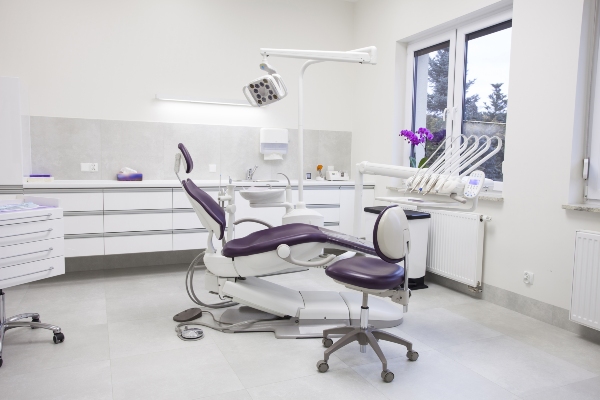What Is Sleep Apnea?

An often overlooked condition, sleep apnea affects more people than you may think. This condition occurs during sleep when the sufferer is unconscious. Sleep apnea can be a troubling condition that causes various symptoms. Most of these symptoms are subtle and may be wrongly attributed to other issues. For this reason, sleep apnea is often misdiagnosed as other conditions. Without a sleep study, sleep apnea is quite difficult to pinpoint.
What is sleep apnea?
Sleep apnea is a condition characterized by the involuntary cessation (stopping) of the breathing pattern during sleep. There are generally three types of sleep apnea that are diagnosed today: central, obstructive and mixed. The most common form of the condition is obstructive sleep apnea, also known as OSA. The root cause of sleep apnea is hard to pin down and can be caused by various factors — both environmental and hereditary.
In all three types of sleep apnea, the patient ceases breathing repeatedly during sleep. This phenomenon can happen hundreds of times throughout the night for those with untreated sleep apnea. Often these episodes of held breath last for a minute or longer. Most people go undiagnosed for years with sleep apnea, as these episodes do not trigger an awakening in most sufferers of the condition.
Sleep apnea is far more prevalent in men than in women. African American and Hispanic men tend to have higher rates of the condition. Obesity is commonly accompanied by sleep apnea, as well.
What are the symptoms of sleep apnea?
Since the condition occurs during sleep, the sufferer is usually unaware. However, those who sleep next to a significant other find that their bed partner notices loud snoring in people with sleep apnea. Persistent sleepiness during the day, periods of waking up at night feeling breathless and waking with a dry mouth or dull headache may signal sleep apnea. Sometimes, a patient will have no symptoms at all. The condition can only be diagnosed by a sleep study.
What causes sleep apnea?
The root cause varies by each type of apnea, and on a case-by-case basis. In obstructive sleep apnea, a blockage of the airway caused by the soft tissue in the back of the throat collapsing, closing the airway during sleep. Central sleep apnea is caused by the failure of the brain to signal the muscles to breathe, but there is no physical obstruction. The combination of both obstructive and central is labeled as mixed sleep apnea.
Untreated sleep apnea can cause some unpleasant conditions to arise. Sleep apnea can increase the risk of high blood pressure, cardiovascular disease, memory problems, and weight gain.
Do you believe you may have sleep apnea?
Although sleep apnea can only be diagnosed by a sleep doctor, your dentist can help refer you to a sleep doctor. Symptoms like dry mouth and increased tooth decay or gum disease can signify sleep apnea. Call our office today to set up a consultation.
Request an appointment here: https://www.newyorkdentaloffice.com or call New York Dental Office at (212) 548-3261 for an appointment in our New York office.
Check out what others are saying about our services on Yelp: Read our Yelp reviews.
Recent Posts
Scheduling an initial visit to a dental practice marks the first step toward maintaining optimal oral health. Proper preparation for this appointment ensures a seamless experience, allowing the dental team to provide the highest-quality care possible. Understanding what documents and information to bring facilitates efficient care, reduces stress, and helps patients feel comfortable and informed…
Dental practices provide essential oral health services to patients of all ages. These services range from preventive and restorative treatments to cosmetic and emergency procedures. Understanding the types of care available at a general dental practice can help patients make informed decisions about their oral and overall health.Preventive care is a cornerstone of dental practice…
Regular visits to a dental practice provide essential care for achieving and maintaining optimal oral health throughout a patient’s lifetime. Beyond treating immediate dental concerns, a dental practice emphasizes preventive care, patient education, and tailored treatments designed to safeguard oral health for years to come. Understanding the role of professional dental care underscores the importance…
Endodontics is a branch of dentistry dedicated to saving teeth by treating problems inside the tooth. It focuses on the health of the tooth's pulp and roots, essential to your smile's overall strength and function. Endodontics could be the key to relieving discomfort and preserving your natural teeth if you are experiencing tooth pain or…



